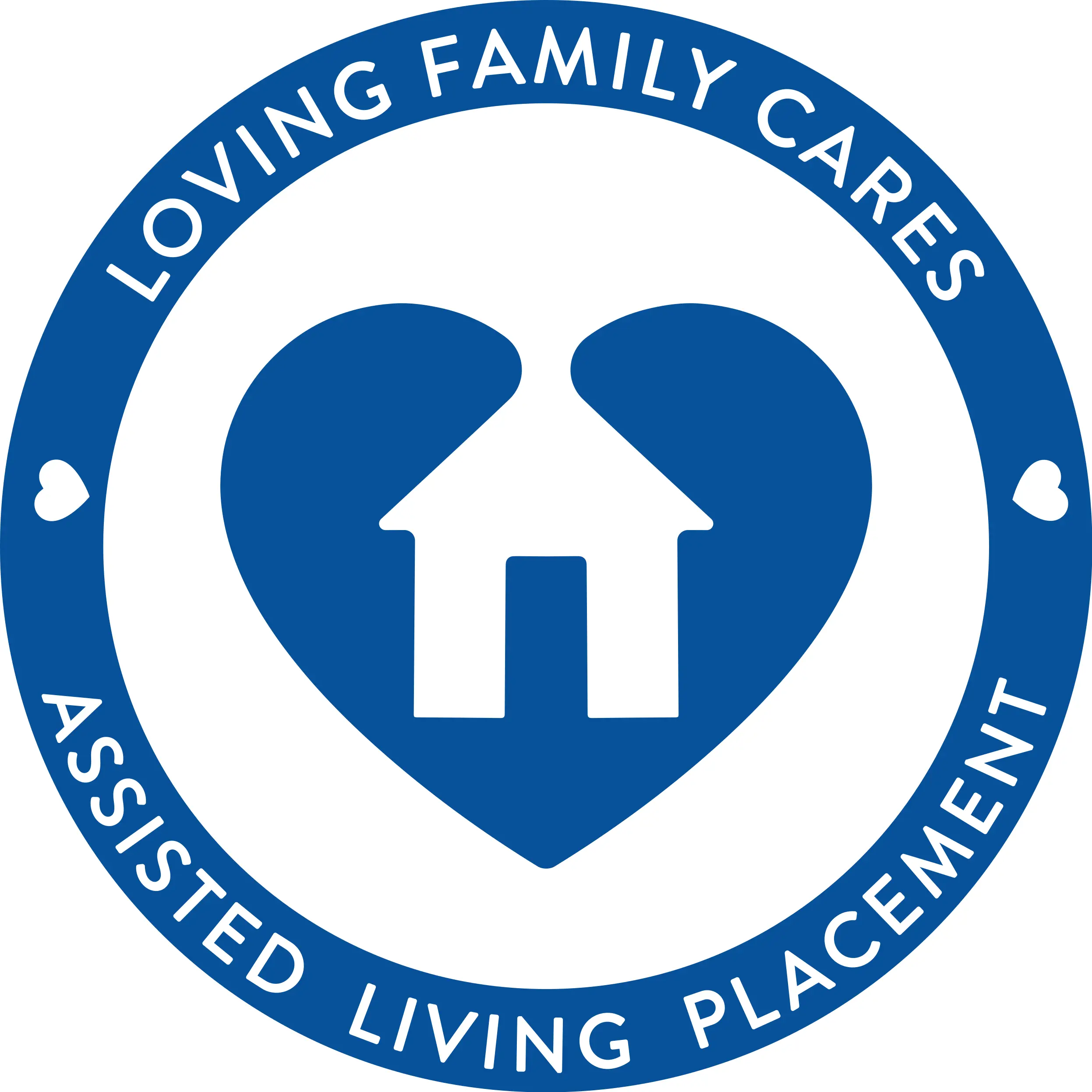Understanding Parkinson’s Disease and How Loving Family Cares Can Help
What is Parkinson’s Disease? Parkinson’s disease is a progressive neurological disorder that affects movement, causing symptoms such as tremors, stiffness, and difficulty with balance and coordination. Understanding Parkinson’s disease is crucial for patients, caregivers, and families to manage the condition effectively and maintain the best possible quality of life. At Loving Family Cares, we provide essential resources and support to help families navigate the challenges of Parkinson’s disease and find specialized care facilities tailored to their needs.
What is Parkinson’s Disease?
Parkinson’s disease is a chronic and progressive movement disorder that primarily affects the dopamine-producing neurons in a specific area of the brain called the substantia nigra. Dopamine is a neurotransmitter that plays a key role in sending messages to the part of the brain that controls movement and coordination. When dopamine levels decrease, it leads to the symptoms associated with Parkinson’s disease.
Symptoms of Parkinson’s Disease
The symptoms of Parkinson’s disease can vary from person to person but generally include:
- Tremors: Shaking or trembling, usually beginning in the hands or fingers. Tremors are often more pronounced at rest and can improve with movement.
- Bradykinesia: Slowness of movement, making simple tasks difficult and time-consuming.
- Muscle Rigidity: Stiffness in the limbs and trunk can limit the range of motion and cause pain.
- Postural Instability: Impaired balance and coordination, leading to an increased risk of falls.
- Other Symptoms: Parkinson’s can also cause non-motor symptoms such as depression, sleep disturbances, cognitive impairment, and autonomic dysfunction (e.g., issues with blood pressure regulation).
Causes and Risk Factors
The exact cause of Parkinson’s disease is unknown, but it is believed to be a combination of genetic and environmental factors. Some known risk factors include:
- Age: Parkinson’s disease is more common in older adults, typically developing after age 60.
- Genetics: A family history of Parkinson’s disease can increase the risk, although most cases are not directly inherited.
- Environmental Factors: Exposure to certain toxins and chemicals may increase the risk of developing Parkinson’s disease.
Diagnosis and Treatment
Diagnosing Parkinson’s disease involves a thorough medical history and neurological examination. Since there are no specific tests for Parkinson’s, doctors rely on symptoms to rule out other conditions. Imaging tests such as MRI or PET scans may be used to support the diagnosis.
Treatment for Parkinson’s disease is focused on managing symptoms, as there is currently no cure. Treatment options include:
- Medications: Drugs that increase or substitute for dopamine can help manage symptoms.
- Surgical Options: Deep brain stimulation (DBS) is a surgical treatment that can help control motor symptoms in advanced cases.
- Therapies: Physical, occupational, and speech therapies can improve quality of life by addressing specific symptoms and maintaining mobility and function.
How Loving Family Cares Can Help
Navigating the complexities of Parkinson’s disease can be overwhelming for patients and their families. At Loving Family Cares, we provide expert assistance in finding specialized care facilities that cater to the unique needs of Parkinson’s patients. Our experienced team understands the challenges associated with Parkinson’s and can help you locate facilities that offer:
- Comprehensive Care: Facilities with specialized programs and experienced staff to manage Parkinson’s symptoms effectively.
- Therapeutic Support: Access to physical, occupational, and speech therapy tailored to Parkinson’s patients.
- Safe Environment: Safe and supportive environments designed to minimize fall risks and promote mobility.
- Emotional and Social Support: Programs and activities that address the emotional and social needs of Parkinson’s patients, enhancing their quality of life.
Conclusion
Parkinson’s disease presents significant challenges, but with the right support and resources, patients and their families can manage the condition effectively. At Loving Family Cares, we are dedicated to helping you find the best possible care for your loved one, ensuring they receive the specialized attention they need to thrive. Contact us today to learn more about how we can assist you in finding a facility specializing in Parkinson’s disease care.




